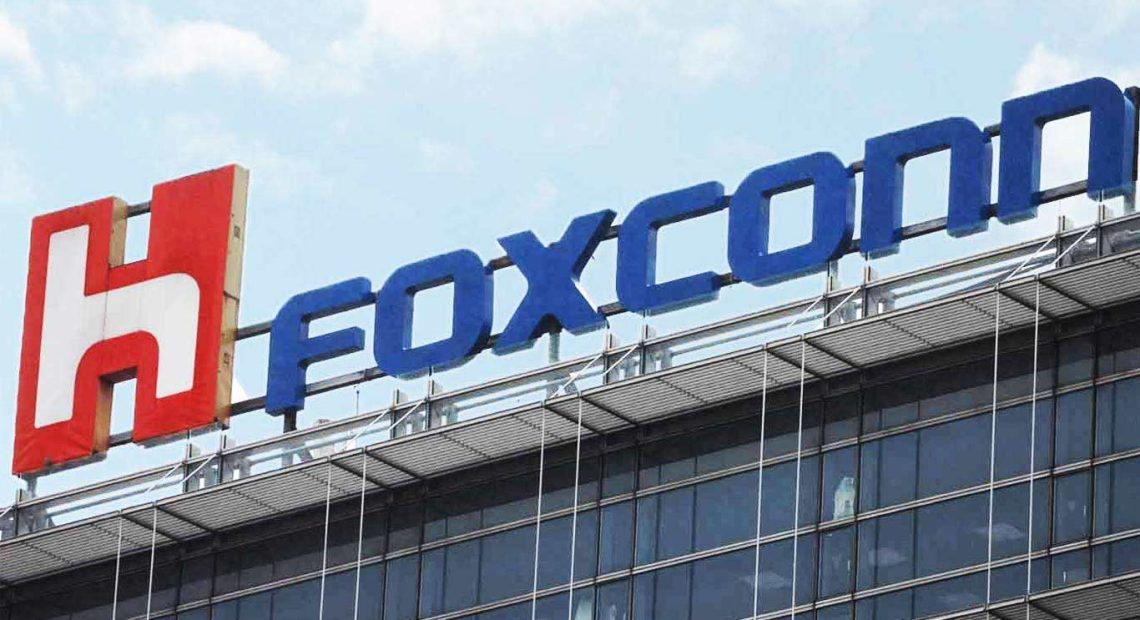
Foxconn Recalls Chinese Engineers from India Amid Geopolitical Strain
Foxconn has begun withdrawing over 300 Chinese engineers and technicians from its iPhone assembly facilities in India, a significant move that could impact the country’s growing role in Apple’s global supply chain. The quiet pullout, which started about two months ago, has left only a small Taiwanese support team in place, raising concerns about production scale-up and workforce training.
Foxconn India Disruption
The withdrawal comes at a critical time when Foxconn is preparing to scale production for the next-generation iPhone 17 in India. These Chinese engineers were pivotal in setting up new assembly lines, calibrating precision equipment, and transferring know-how to Indian staff at plants located in Tamil Nadu and the upcoming mega facility in Karnataka. Their sudden exit is expected to slow the onboarding process for Indian technicians and hinder production efficiency.
While there has been no official disruption in current output levels, insiders note that the absence of Chinese expertise could result in reduced assembly line speeds and delayed rollout of complex manufacturing phases in the months ahead.
China’s Export Control
The mass recall is reportedly influenced by directives from Beijing, which has grown wary of allowing its skilled tech workforce to support rival manufacturing hubs like India and Vietnam. China’s clampdown is part of a broader strategy to limit outbound technology know-how amid intensifying geopolitical rivalries and supply chain realignment. The move also signals a tightening grip on human capital as China aims to retain its dominance in high-precision electronics manufacturing.
Impact on ‘Make in India’
India currently contributes around 20% of Apple’s total iPhone production, with plans to sharply increase this share by 2026. However, Foxconn’s dependence on Chinese technicians was a crucial pillar in meeting these targets. The unexpected recall threatens to derail timelines for ramping up new lines and could introduce inefficiencies in the short term.
Apple’s manufacturing model has long depended on the deep technical experience of Chinese assembly workers—not just for labor but for quality and speed. The withdrawal of these key personnel undermines India’s ability to replicate the same standards quickly, making the transition to high-end iPhone production more complex than anticipated.
Strategic and Regulatory Friction
Indian authorities have acknowledged the development but maintain that current production remains unaffected. However, the episode brings attention to another longstanding challenge: visa restrictions on Chinese professionals, which have been tightened since the border tensions in 2020. This has made it harder for companies like Foxconn to maintain consistent technical support in India.
The broader implication is clear—India’s ambition to emerge as a global electronics manufacturing hub will depend not only on investment and infrastructure but also on geopolitical cooperation, talent mobility, and rapid domestic upskilling.
As Apple looks to diversify away from China, the skills vacuum created by this retreat may force India to explore alternative training models or partnerships to sustain momentum in high-tech manufacturing.


















